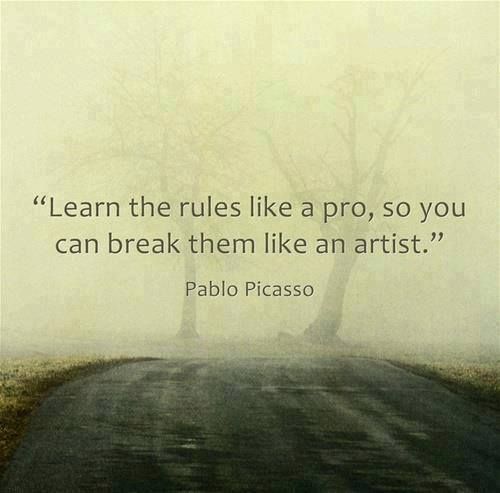This week I’m participating in The Iron Writer challenge, (I’m in challenge 102) a writing competition where you write a 500 word story using four elements that are provided to you – examples:
- An empty ATM
- A talking tree
- Toilet bowl cleaner
- A meteor
or:
- A Zombie Apocalypse
- A 1936 Chevy Corvette
- A Coyote
- A Snow Plow
Once written, you submit your story and it competes against 4 others using those same elements for the prize. (The prize is esteem from your fellow writers and a chance to enter a tournament.)
The four elements can end up being setting, POV, actions, background details, or character elements. They can throw a monkey wrench into story ideas, set everyone up to write very similar stories or just cause a story to sound disjointed if it’s awkward to fit one of the elements in.
So of course I have to try to control the uncontrollable.
I decided I’d like to tell stories inside a framework that might allow elements to be swapped in without altering the overall storyline – flexible, but consistent so I could do more than one challenge set in the same universe. Also I can think up some story pieces ahead of time, like character and plot, so I’m not scrambling to do that in the four days I’m allotted when elements are assigned.
The framework I came up with is a ghost story about two lovers – she’s alive, and he’s dead. But they weren’t lovers before he died – she met him as a ghost, and the two fall in love with each other. Because he is dead, he can do all sorts of non-corporeal things – jump through planes of existence & back and forth in time, which I hope can account for some of the assigned elements. Because she’s alive, lots of action can take place around her real existence apart from him, and the conflict that creates with her maintaining a relationship with him. And of course, why is he haunting her? Is he haunting her, or is there some other reason why he’s here? Maybe he’s in purgatory and has to perform some action to move on, but because he’s fallen in love with her, he doesn’t want to move along. Maybe she’s there to help him get through something in purgatory that he has to accomplish, and she has to discover what that is. There are possibilities for moods that are funny (like the movie Topper) or sweet and wistful (the musical film Once) or mournful (Elegy Written in a Country Churchyard), forboding (A Good Man is Hard to Find) or just really frightening (The Others).

Partway through sketching out what this framework might look like, I was listening to old music in my library and came across “Moonlight Shadow” the 1983 song by Mike Oldfield, sung by Maggie Reilly. The lyrics of the song tell the story of two lovers separated, and he is shot and killed. She is unable to “push through” to get to him. Lots of the description – moonlight shadow, “The trees that whisper in the evening” “vision forming” “silvery night” “The night was heavy and the air was alive” suggest something going on that is mystical and hard to see – maybe a vision she might see of what is going on in purgatory, where he is, but she can’t form a picture of what’s really happening, or how to reach out to him.
That imagery is lush and sets a wistful sort of mood, and could fit with the framework that I was pulling together for my story. So I’m using that song as inspiration.
Yes, I will write fan fiction ghost stories based on an obscure 1983 pop song.
The danger is if I seem like I’m throwing away elements casually or just really trying to wrench them into a format that they don’t go with. If the elements really just didn’t work together with this theme, I could pants it and write something else instead. But I have some basics in place if the elements fit together.
So these were the elements I was given –
- An event that changes a character’s personality.
- A measuring tape
- Tetherball
- Haggis
I decided after a bit of tinkering that I could try to make those work in my pre-conceived framework, and I put my 500 words together and submitted my story today. When the challenge gets posted to the Iron Writer website in the next few days, I’ll link to it and ask that you read and vote for whatever story you think is best (which I hope is mine.)


